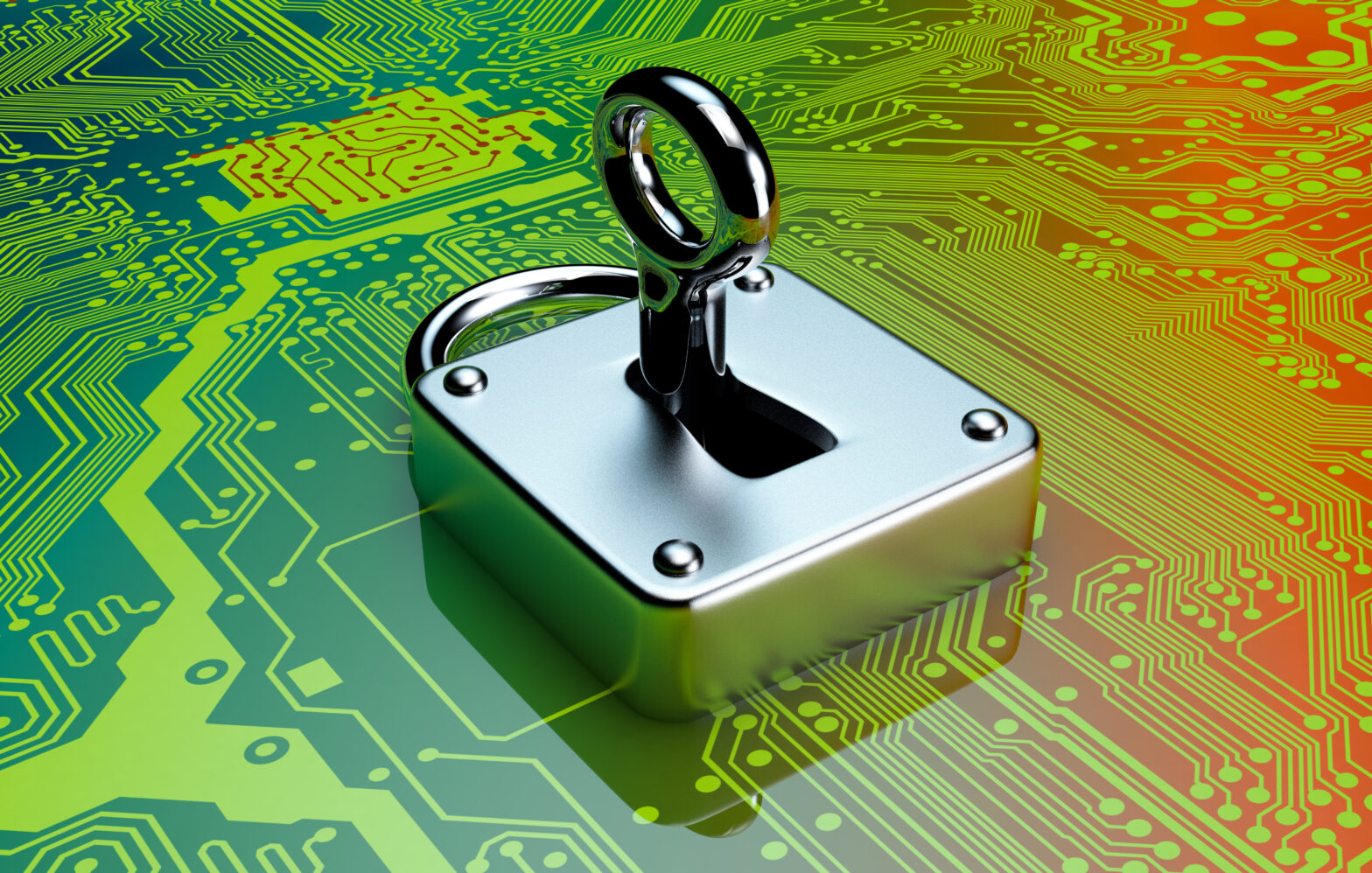Are you familiar with the term “Mega Breach”? Symantec defines this as a breach of data that exposes personal data of a minimum of 10 million people during a single incident.
Unfortunately, that seems to be happening more and more. If you pay attention to the National Cyber Security Alliance, half of the attacks of this nature are aimed at companies that have less than 2,500 employees.
VPN
It is critical that you have a security and privacy plan in place for your business. If you happen to have a data breach, aside from facing fines, you will also be losing the confidence of your customers.
>See also: Could bored employees be the biggest risk to data security?
One of the best ways to make sure that your information is secure is by using a VPN. If you are not familiar with the term, a VPN – Virtual Private Network – is a type of technology that creates a connection that is encrypted when you are using a network that is less secure.
There are many benefits to this and one of them is that by using a VPN, you will be ensuring that you have the right level of security for your systems when that security is not provided by the underlying infrastructure of the network. You can check out the 5 best VPN services here.
Find the weakest link
What is the weakest link in terms of your data security? You need to find this out. It is almost certain that your network is protected by antivirus software and a firewall. However, are you sure that these tools are always up to date? Also, are they comprehensive enough to ensure that the job is done?
New definitions for malware are released on a daily basis, and it is the task of the antivirus software that you are using to keep up with them. On top of that, the philosophy of bring your own device is one that isn’t going anywhere any time soon. Your IT team needs to extend its umbrella of security over tablets and smartphones that your employees use for doing business.
Install updates
This should be something that goes without saying, but you need to install any and all updates for your computers and devices as soon as possible when they are available. The most critical of these updates are the ones for your browsers and your OS.
>See also: The data security landscape of 2027
Updates for things like password managers and other assorted apps are also important and should not be ignored. Waiting for a few days to make sure that these updates don’t malfunction is ok, but don’t put them off for weeks.
The reason for this is simple. By the time there is an update for flawed security, hackers are already using that flaw in attacks. This is why they need to be installed immediately when they are available.
Passcodes and passwords
Another thing that should be self – evident is that you need to be using strong passwords to make sure that every account on the Macs or PCs in your business is protected. If your employees use smartphones for work, there needs to be a PIN or a password to use them. If there happens to be a fingerprint reader on those phones, make use of it. Make sure that all passwords are alphanumeric with between 12 and 14 characters. This is because passwords that are shorter are more vulnerable to brute force attacks.
Computer and phone encryption
One way to easily explain encryption to someone is to have them think of it like a decoder ring that is massively complex.
>See also: Employees represent the ‘biggest data security risk’
When the data has been encrypted, it will only be able to be accessed and then read by the device or person who has the key that is necessary to translate the data back into a readable form. It is critical that you encrypt all of your business communications.
It is also critical that the devices that are used for the sensitive data of your business are also encrypted since any data that can be put on them can be more vulnerable to attacks.
By doing the things mentioned in the above paragraphs, you will be making sure that your business is not vulnerable to data breaches or attacks.







